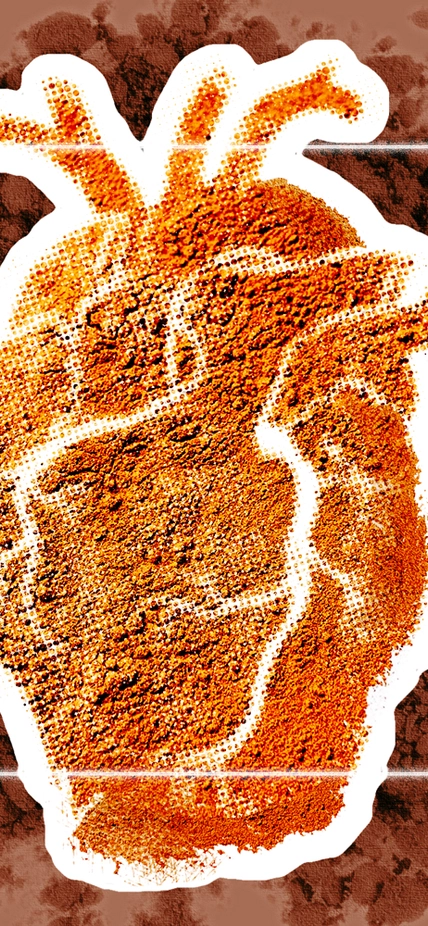Baltimore, MD—Carnegie’s Steven Farber was awarded nearly $500,000 over three years by The G. Harold & Leila Y. Mathers Foundation to identify the chemical components of cinnamon oil that show effectiveness against cardiovascular disease-causing fats.
Fat molecules, or lipids, such as cholesterol and triglycerides are shuttled around the circulatory system by a protein called Apolipoprotein-B, together forming complexes of lipid and protein that are called lipoproteins but may be more commonly known as “bad cholesterol.” It can get embedded in the sides of blood vessels and harden, forming a dangerous buildup that makes it more difficult for the heart to pump blood, increasing the risk of a cardiac episode.
“Elevated levels of bad cholesterol are associated with obesity, diabetes, heart disease, and other metabolic disorders, affecting more than a billion people around the world,” Farber said. “This is a serious global health threat, and we are looking for every possible avenue to diminish the risks.”
Farber and colleagues from the Johns Hopkins University previously received funds from the Mathers Foundation and the National Institutes of Health to develop zebrafish as a system to study bad cholesterol. That funding was essential to genetically engineer a system for visualizing lipoproteins in live zebrafish using a protein similar to what lights up fireflies’ tails. These glowing lipoproteins enabled Carnegie postdoc Dan Kelpsch and a team of Johns Hopkins researchers to test over 3000 commonly used drugs and natural products. They identified 48 compounds, including cinnamon oil, that reduce bad cholesterol in the bloodstream.
Upon discovering that cinnamon oil reduced bad cholesterol, the team was pleasantly surprised to find evidence that cinnamon oil yields positive metabolic results in both animal models and the clinical setting. However, natural oils like cinnamon oil are composed of many chemicals—it remains to be defined which of these components reduces bad cholesterol. Moreover, there is little to no biological understanding of how cinnamon oil produces this positive effect. The new funding from The Mathers Foundation is critical for the identification and understanding of how cinnamon oil and its components affect cholesterol levels and cardiovascular disease outcomes.
“The challenges of identifying a single bioactive compound from a complex array of them that were all produced by a living plant for its own purposes means that natural materials are usually considered too risky to research by the pharmaceutical industry for development,” Farber explained.
“This is the perfect kind of project for an institution like Carnegie, where discovery science is our primary focus and researchers have the independence to follow their curiosity where it leads,” added Embryology Director Yixian Zheng. "Congratulations to Steve on the continued success of his important work using zebrafish to understand basic lipid biology, which leads to the discovery of cinnamon as an exciting new compound to treat metabolic diseases."
